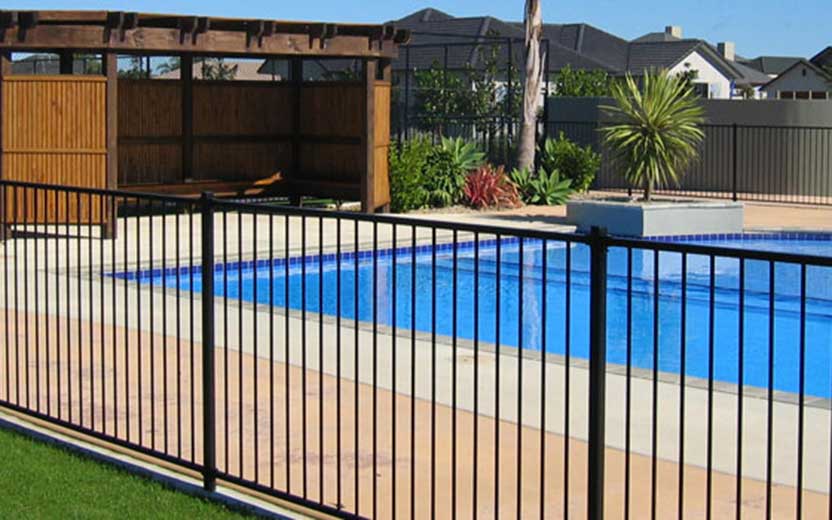By Marcus Fernandez
Hurricane season in Florida finds residents and visitors hoping for the best while preparing for the worst. Last year produced 18 named storms, including a category five monster among the six hurricanes that threatened the state. Hurricane Dorian rampaged across the Atlantic but spared Florida from a direct hit. The current season of tropical storms and hurricanes has already set a record with nine named storms developing before the end of July. This is a good time to take a look at what you can do in the way of hurricane preparation. Keep your home safe when the next tropical storm or hurricane decides to pay a visit to Florida.
Typical hurricane and storm damage experienced by Florida homeowners
Most people in Florida, about 15 million out of a total population of approximately 20 million, reside in coastal areas of the state. This puts them at peril from the damaging effects of hurricanes and tropical storms.
Tropical storms and hurricanes begin as low-pressure weather systems the National Weather Service refers to as a tropical cyclone. As its wind speeds increase, a tropical cyclone may develop into a tropical depression with winds up to 38 mph. The next level is a tropical storm with sustained winds up to 73 mph. And the highest level is a hurricane, with sustained winds of 74 mph or more.
Tropical cyclones hitting coastal areas bring the threat of flooding and damage to piers, bulkheads and other structures. Waves batter the shore and higher than normal tides roll in. High winds, particularly those associated with a hurricane, may uproot trees and cause damage to buildings and other structures.
Hurricane preparation to reduce the damage caused by storms
Preparing your home against hurricanes should not wait until storm begins forming in the Atlantic. Prepare now by following the tips below.
Hurricane preparation tips you should get started with right now:
- Create an inventory of the contents of your home. Filing a claim with your homeowner’s insurance company will be difficult without an accurate inventory. Take inventory of household items, furniture, and personal possessions in your home. You will also need to provide your insurer with the estimated value of the items. An inventory, which should include photographs, and the acquisition cost of each item should be updated annually.
- Check your roof. Arrange for a roofing contractor to inspect and repair loose, cracked, or missing shingles or roofing tiles. The inspection should include an evaluation of the soundness of the underlying structure of the roof. Newer homes built in Florida must include metal straps attaching the roof directly to the walls of the house. Inspect to make certain your home, particularly if it is an older home, has the straps.
- Caulk windows and doors. Caulking used around window frames and entry doors can shrink and deteriorate over time and allow wind-driven rain to get into your home. Periodically removing old caulk and replacing it creates a tight seal that prevents storm damage. While you are at it, check around the exterior of your home and caulk any holes in the siding.
- Trim tree branches. Any trees with limbs that hang over your house should be trimmed to avoid one or more of those limbs from damaging your roof. Branches near windows that could smash into the glass during a storm should be removed.
- Clean leaders and gutters. Leaders and gutters are designed to direct water away from the house. Clogs prevent them from doing their job during a storm.
- Secure all outside items. As soon as you hear of a storm heading your way, secure all outdoor decorations, furniture, and other items that could be blown around by strong winds.
Review your insurance policy
Read your homeowner’s insurance policy to understand the types of coverage you have on your home, including coverage for damage caused by a hurricane. Check to make sure the policy will pay the cost of rebuilding your home in the event it is destroyed in a tropical storm or hurricane.
You need to know your policy insures you for the replacement cost of the home and not only for its value at the time you took out the policy.
Ask your insurance agent about flood insurance. The coverage under your homeowner’s insurance may not include damage to your home caused by floodwaters associated with the storm. If you do not have it, and your home is in an area prone to flooding, talk to your insurance agent about obtaining flood insurance.
Get legal advice when claims arise
No matter how diligent you are about hurricane preparation, insurance claims and legal questions related to them will arise. A Tampa law firm should be your source for legal advice and guidance whenever questions arise about insurance policies and the claims process. Contact a Tampa personal injury lawyer or contact us for a complimentary consultation today.


